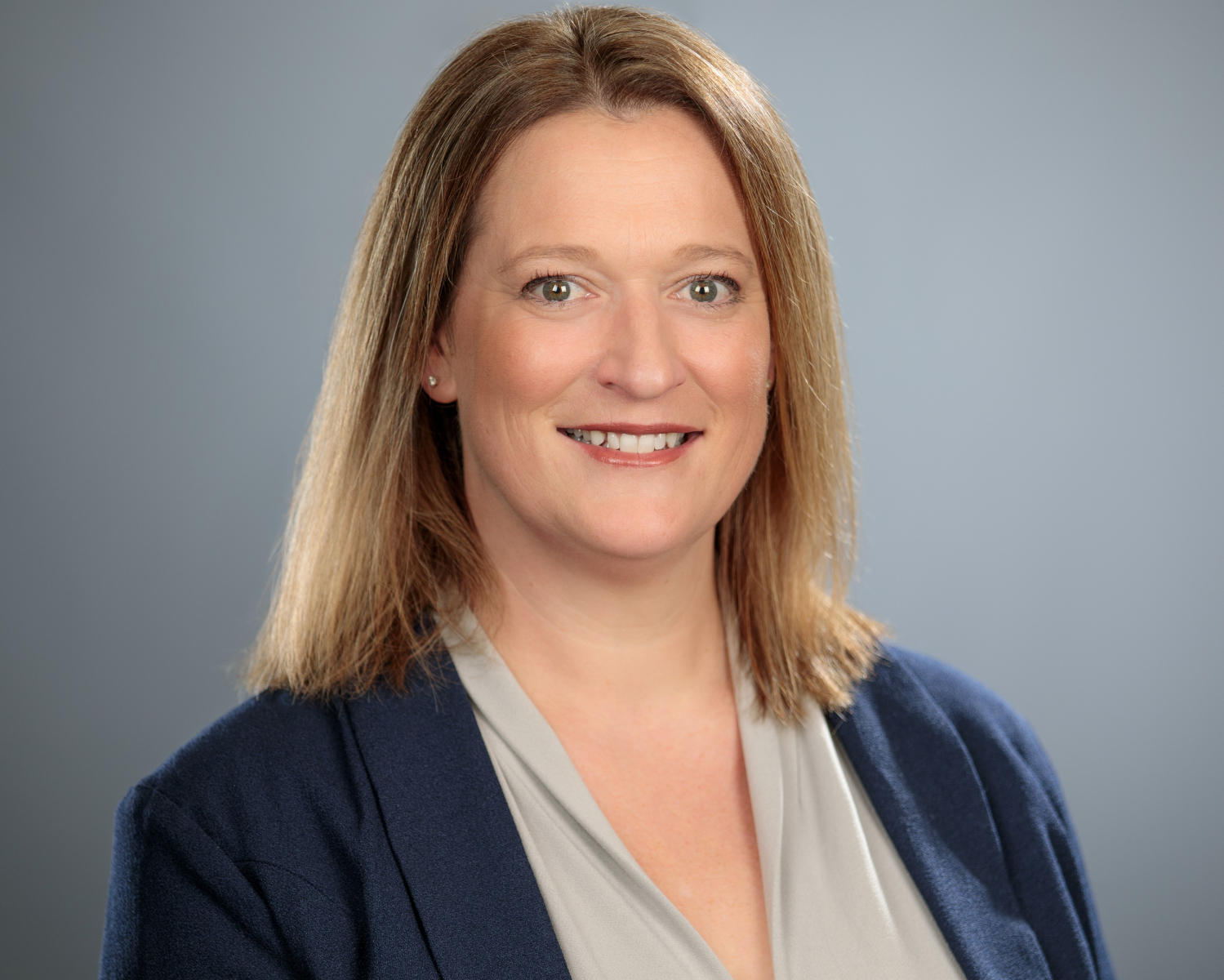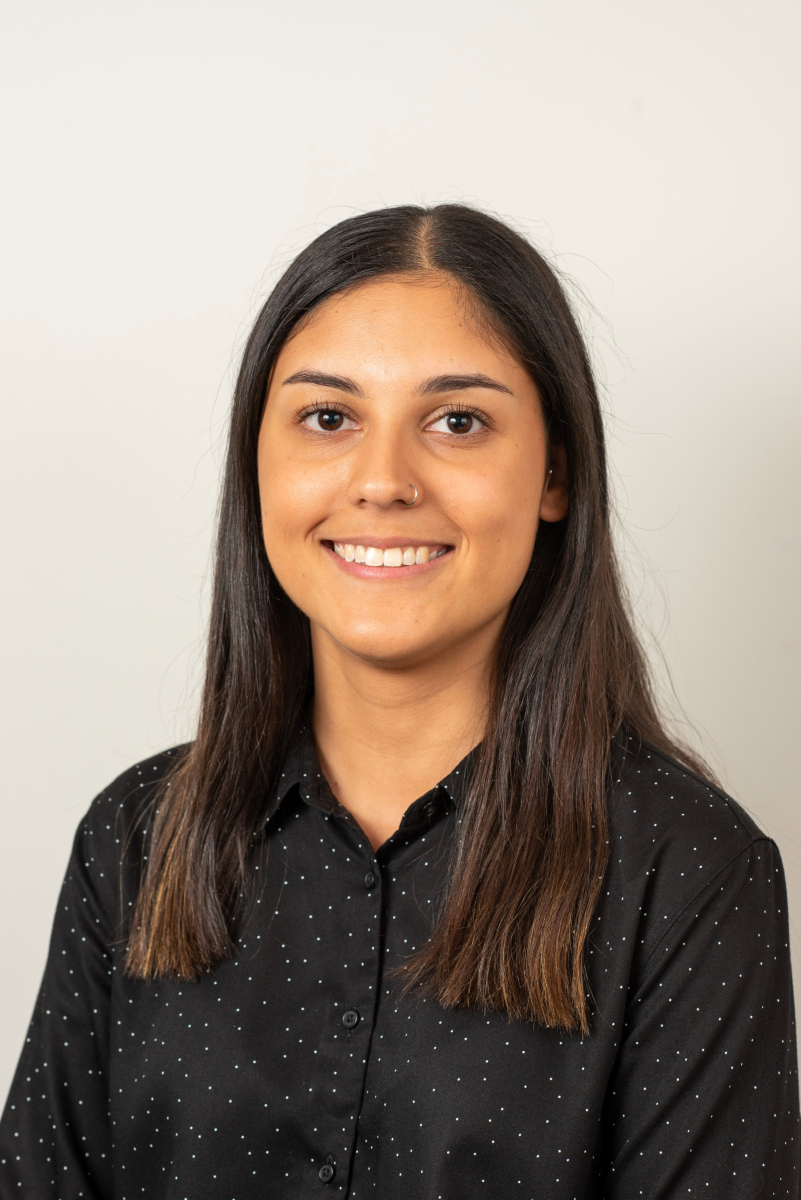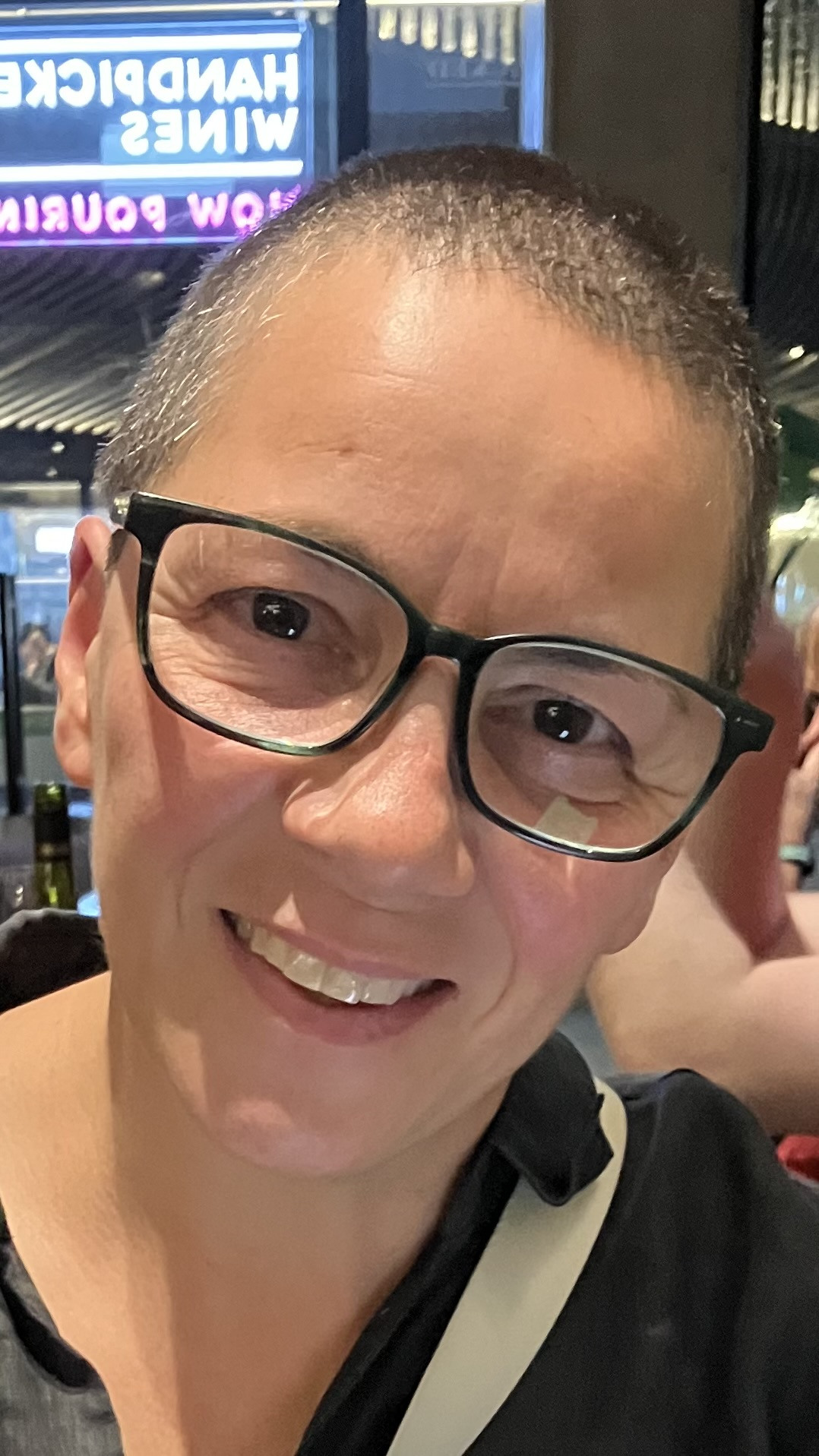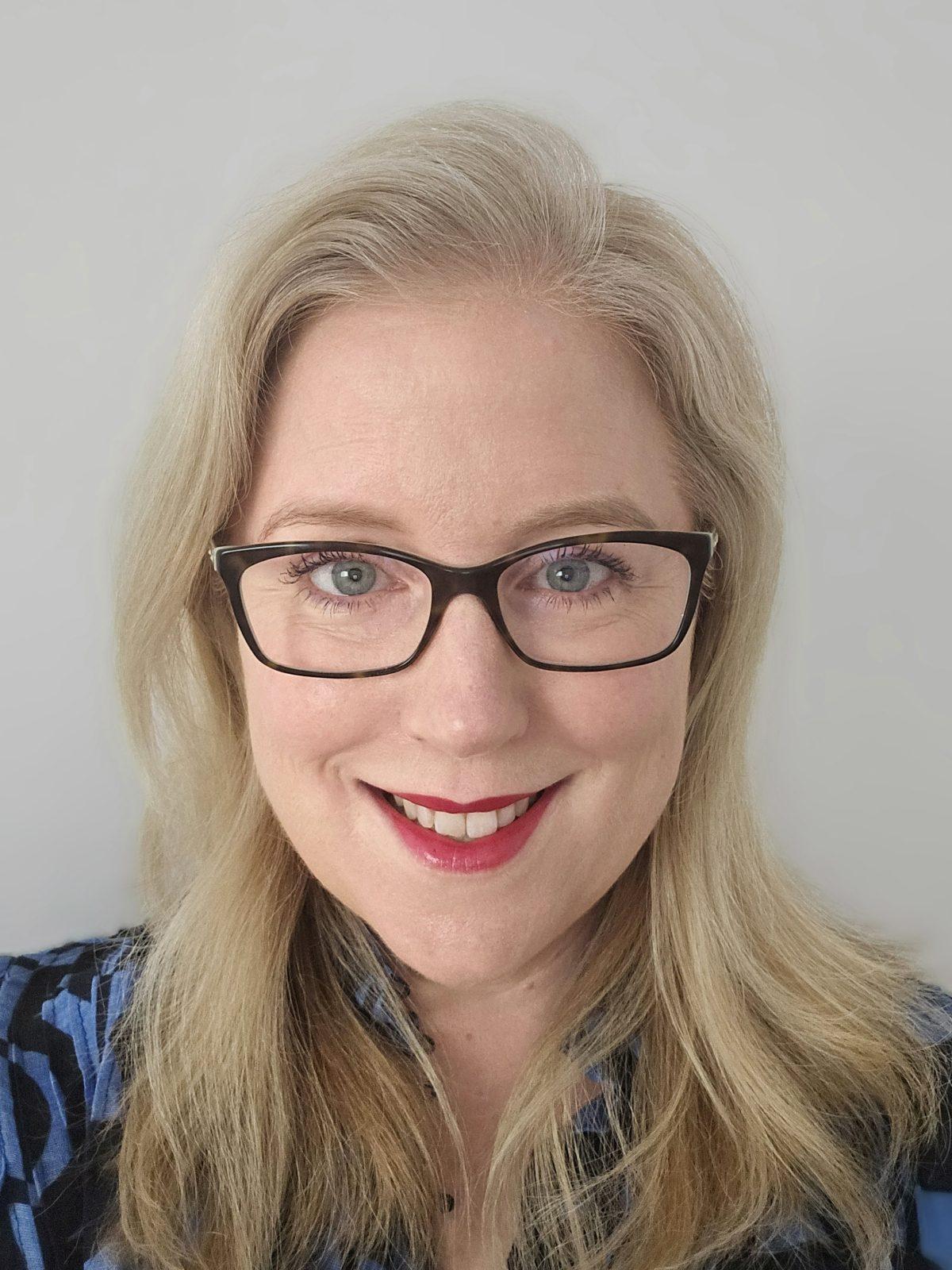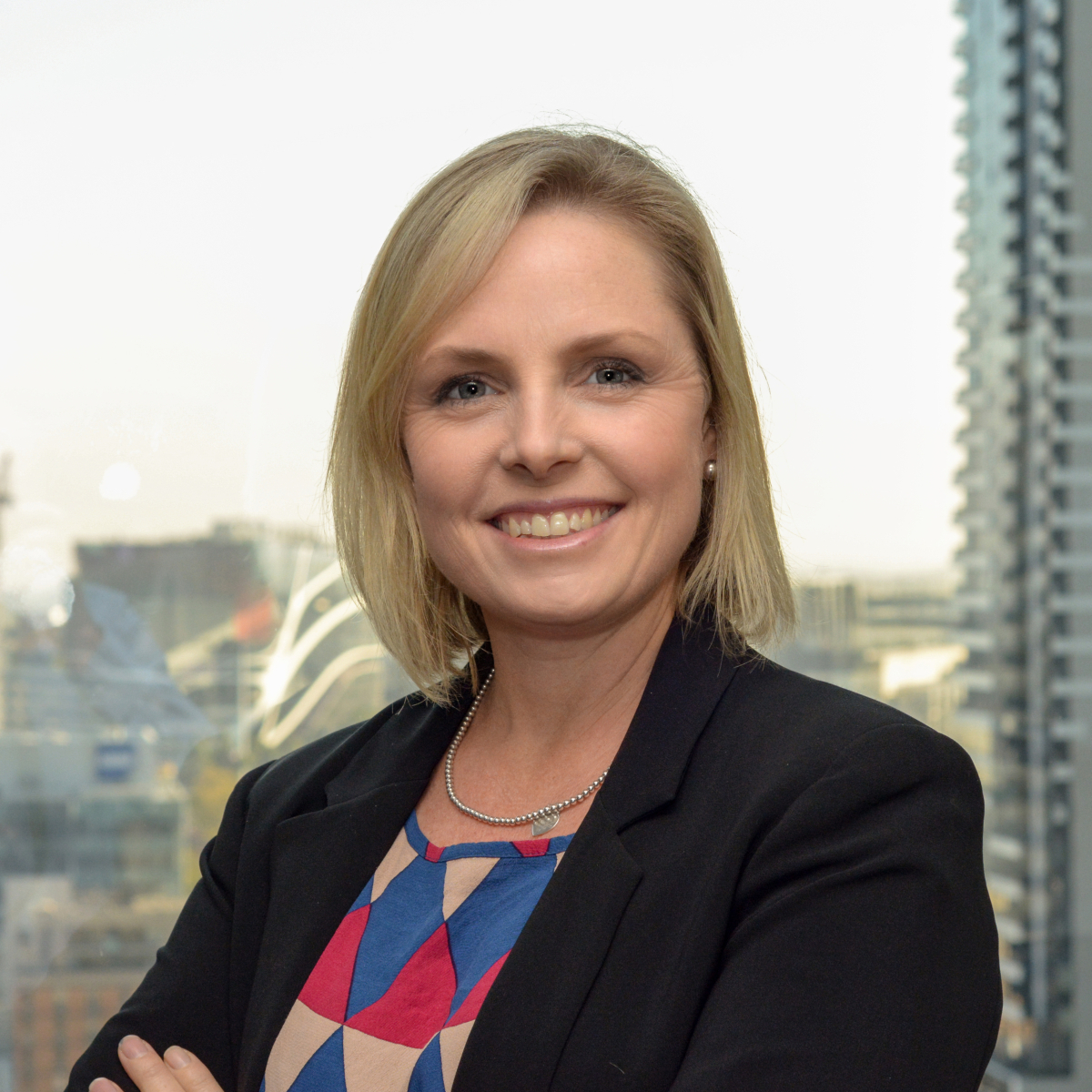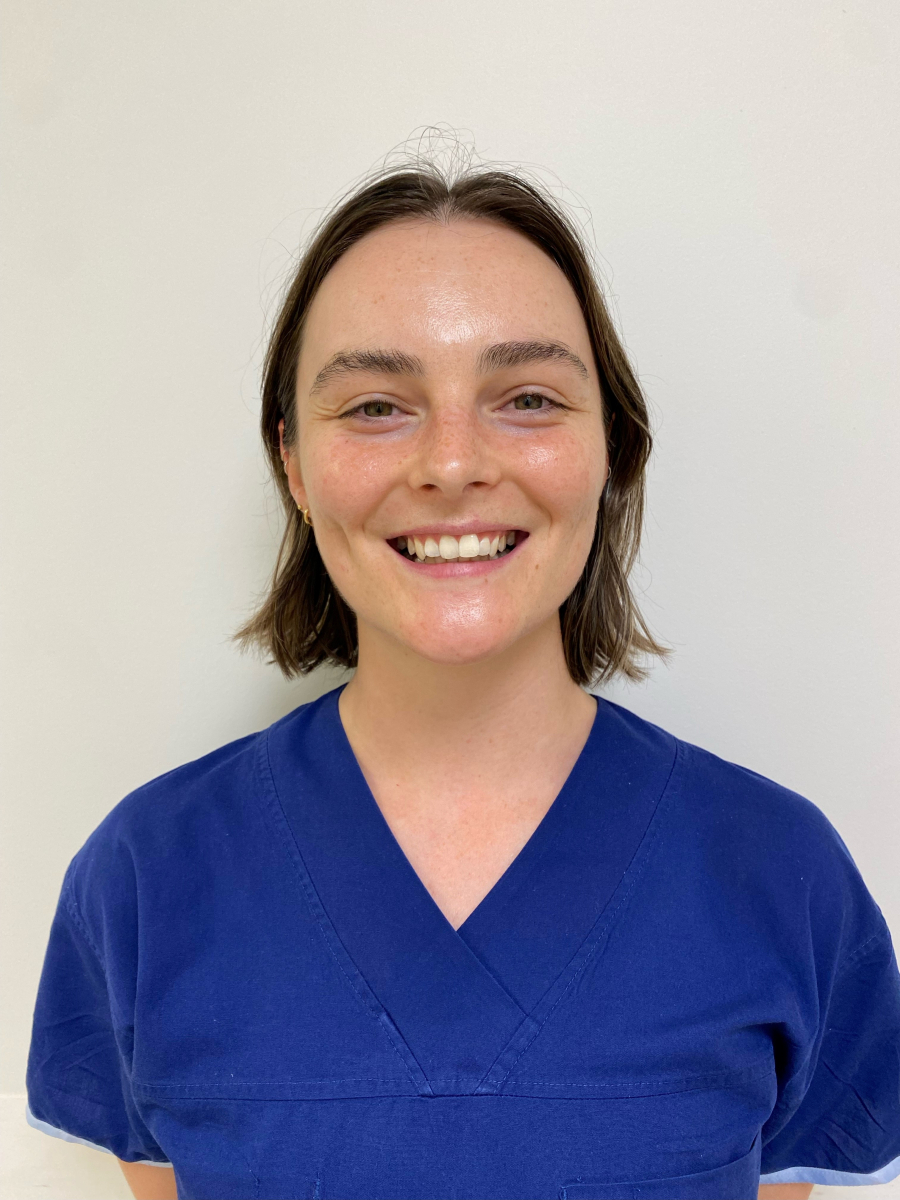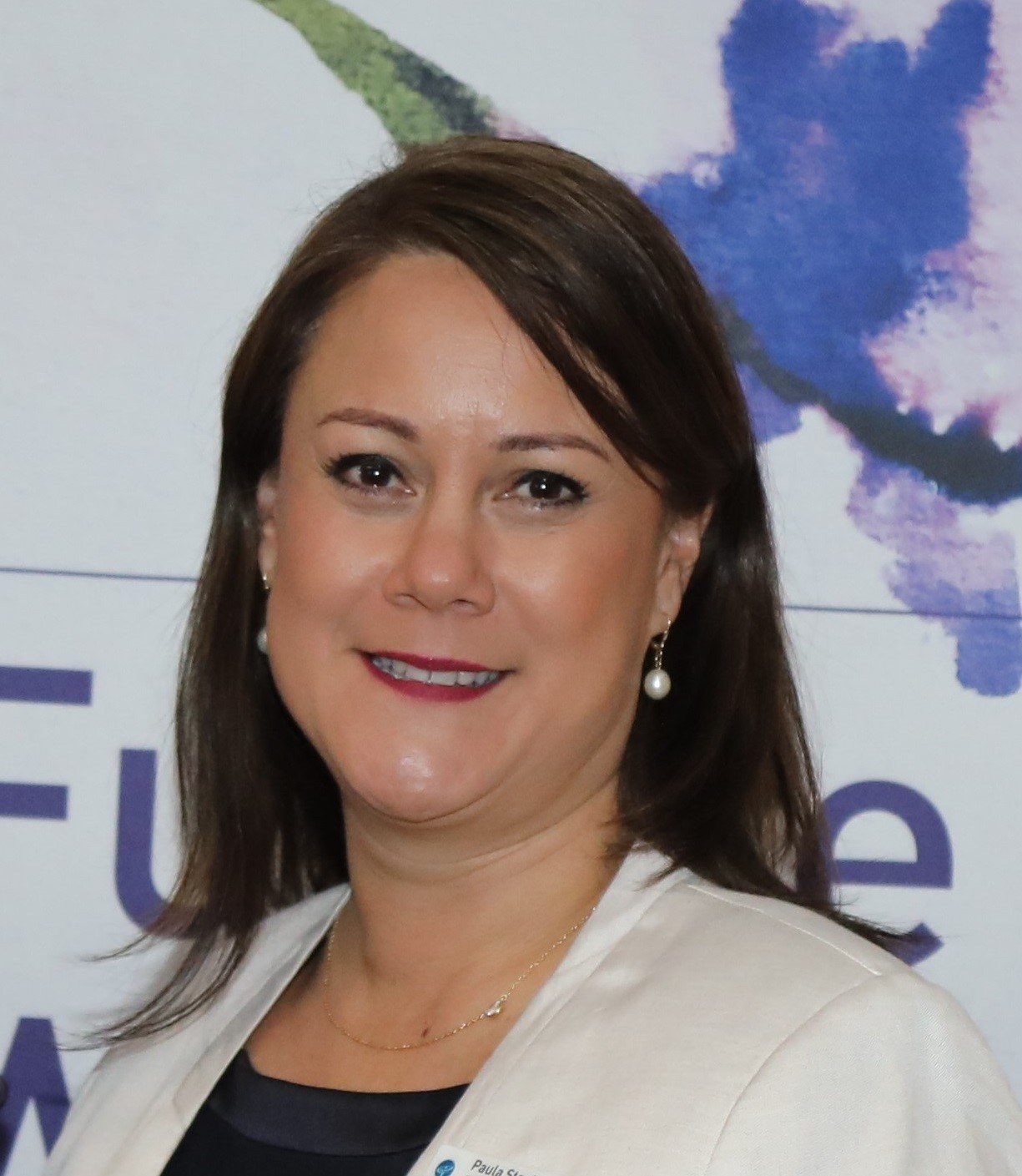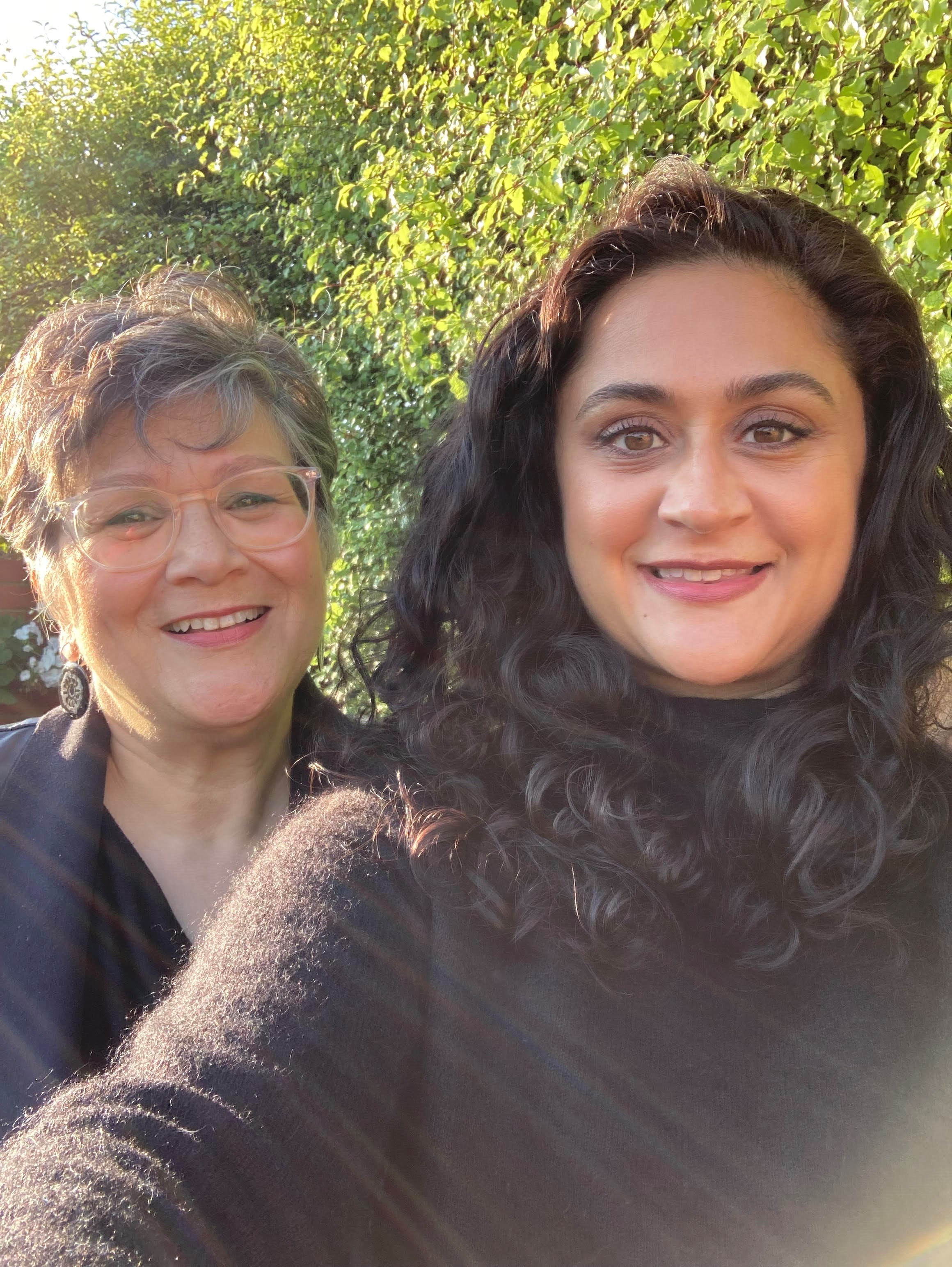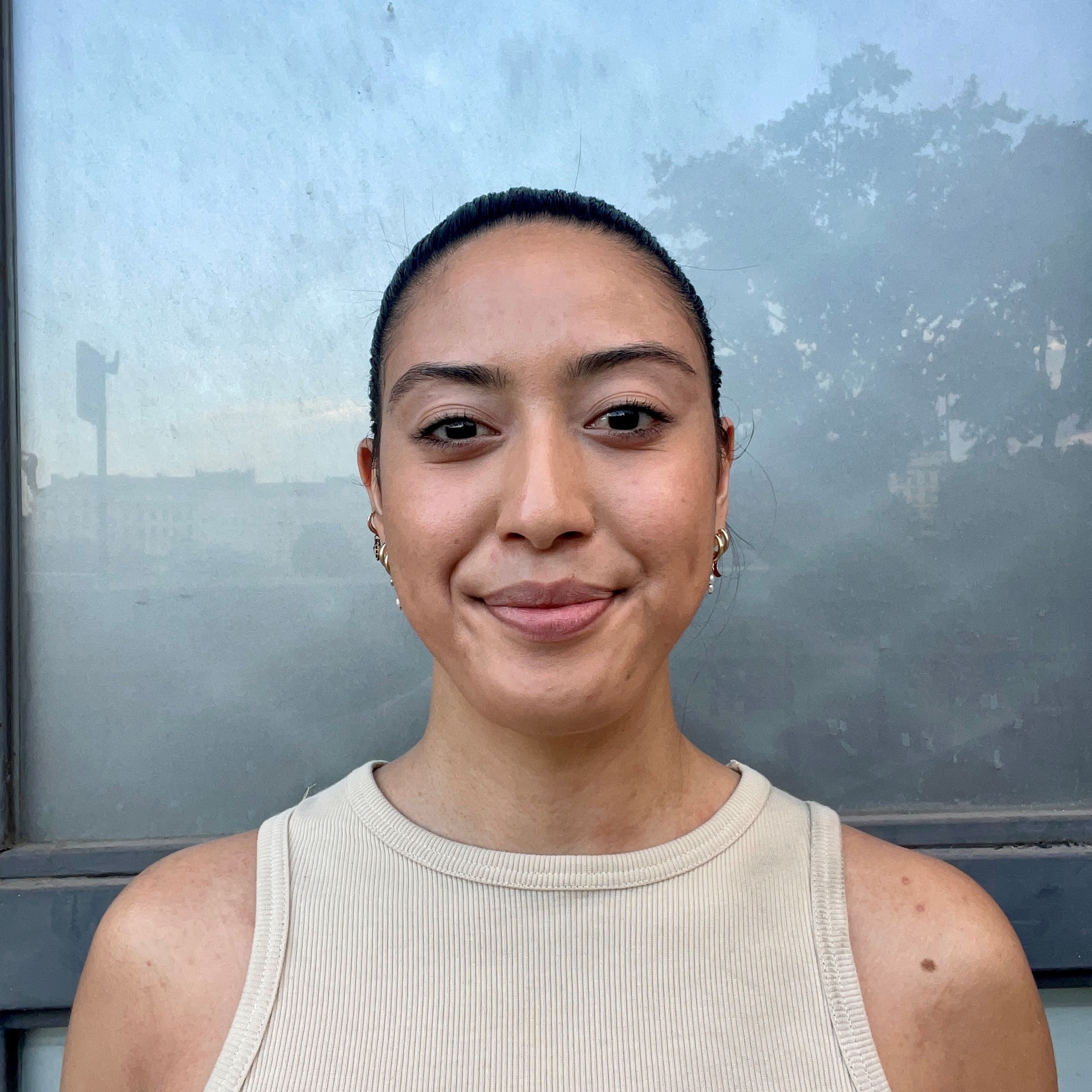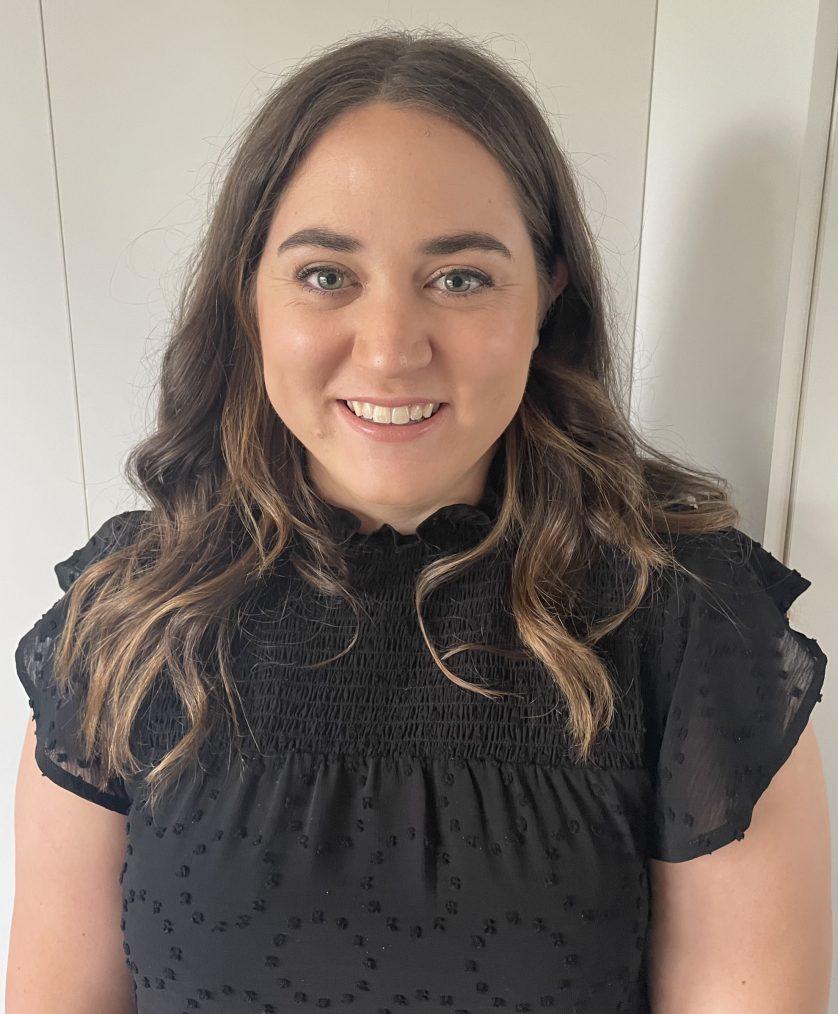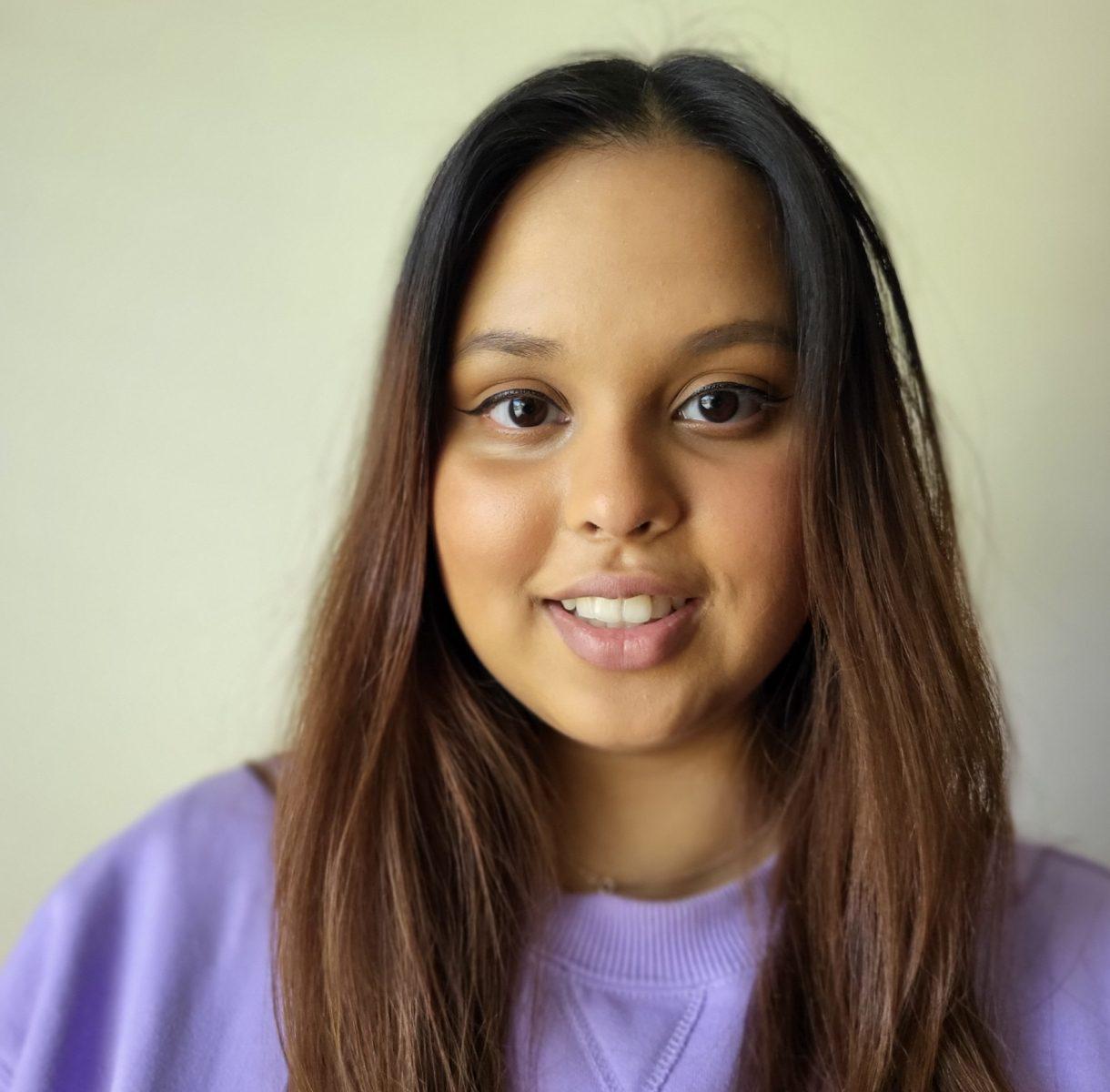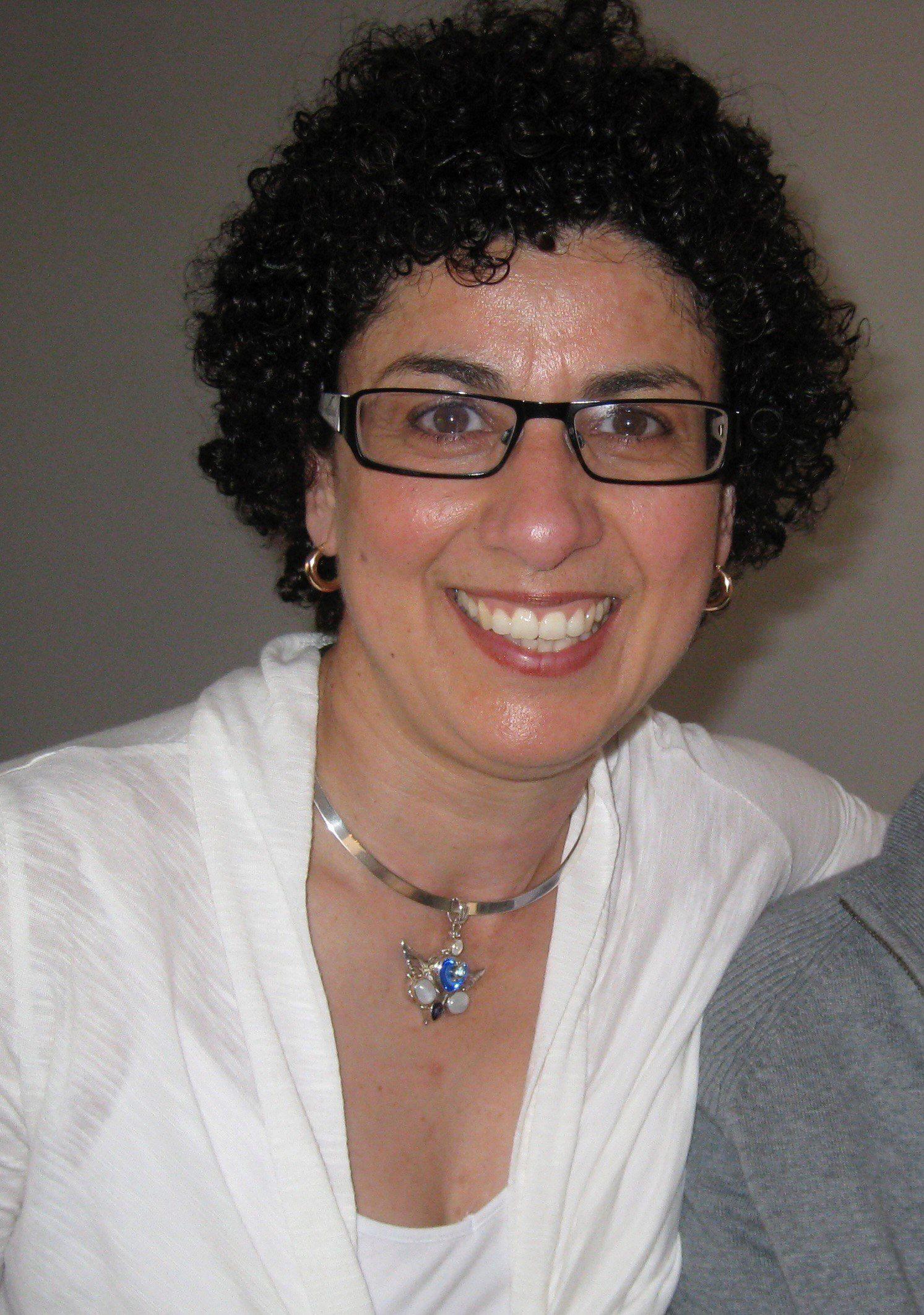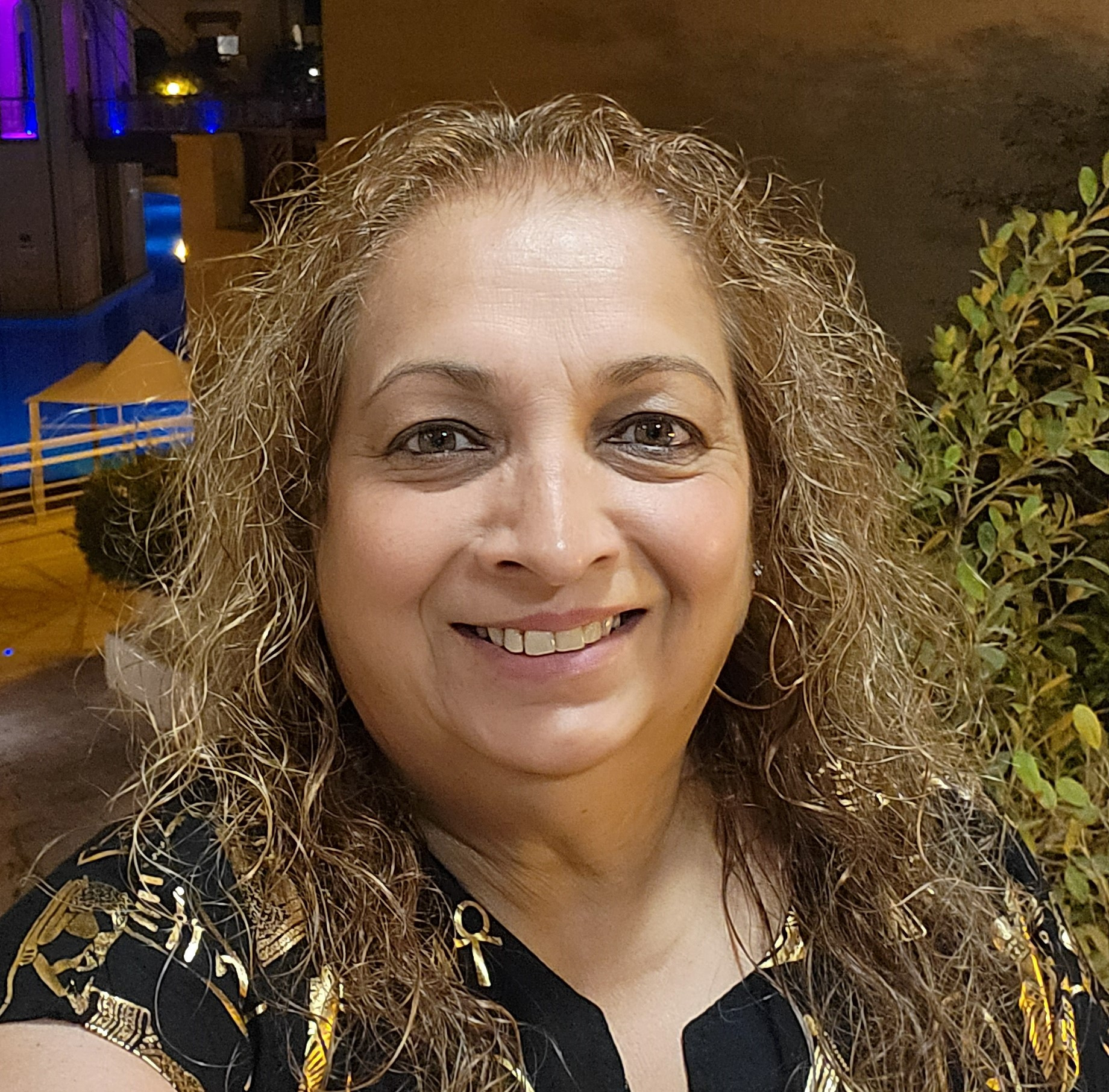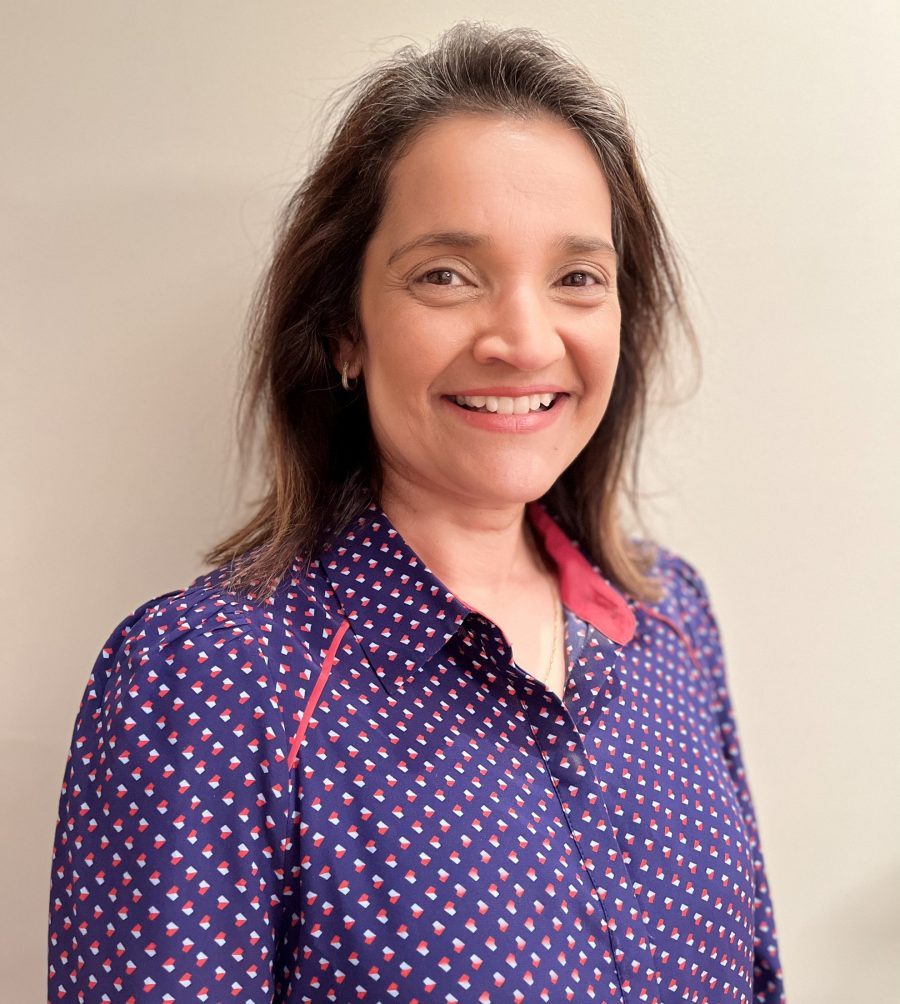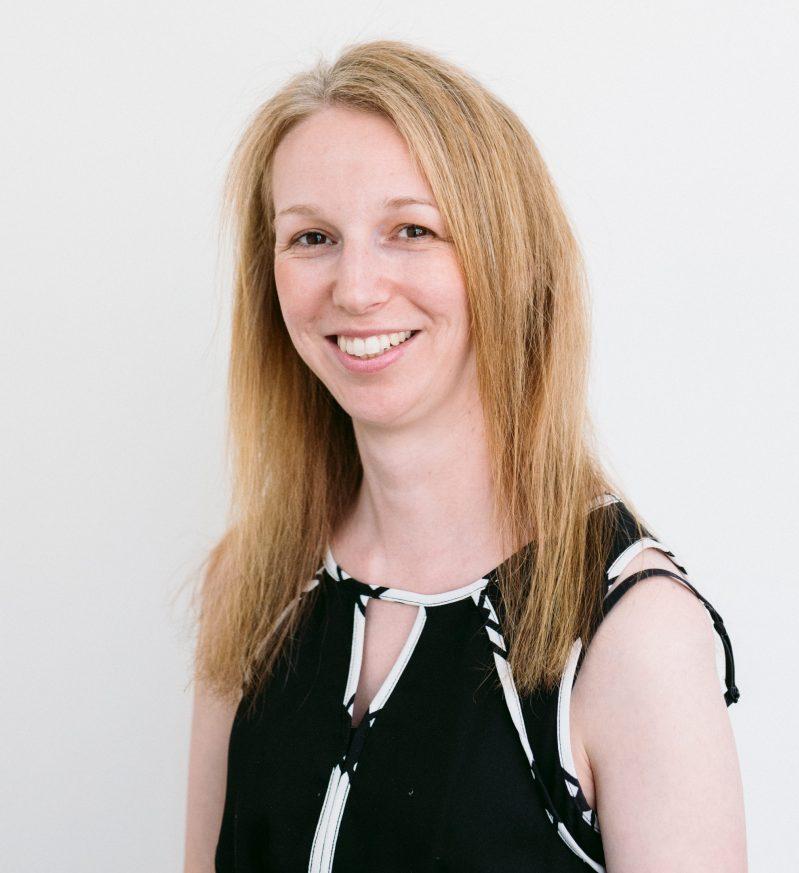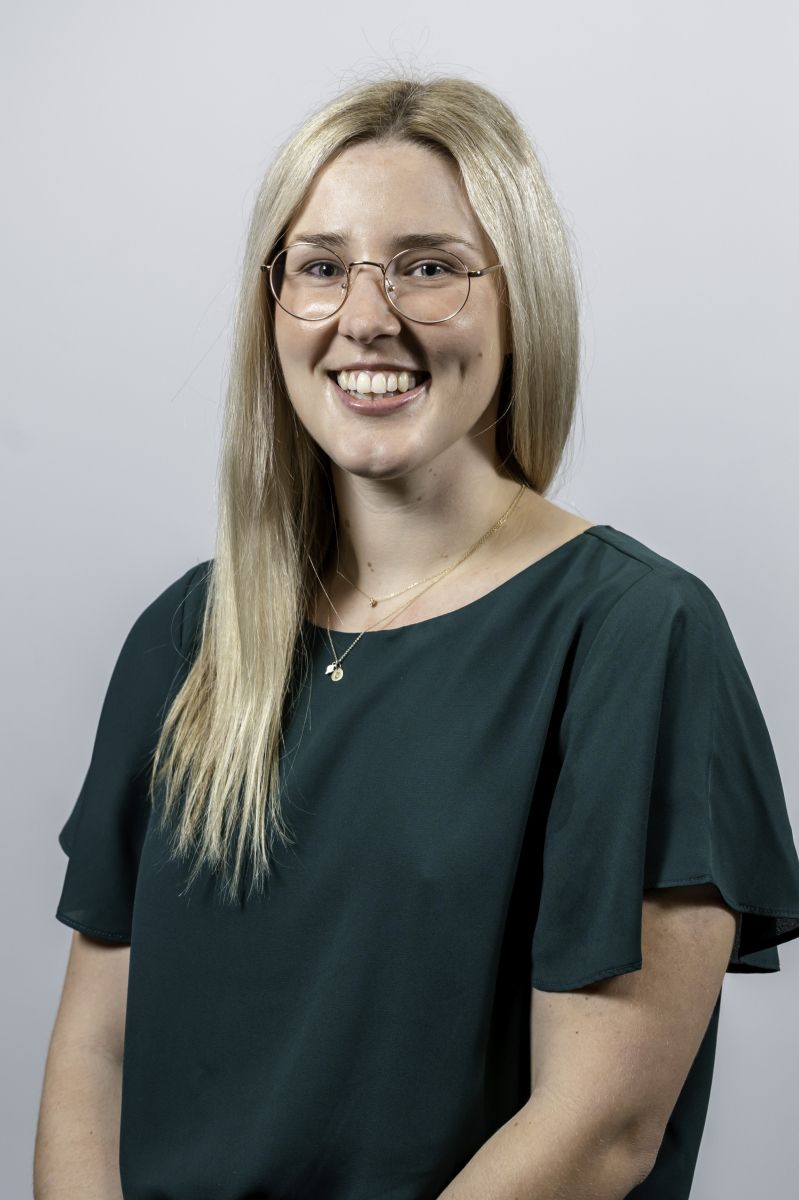During my time as a student at OLSH my favourite subject was Science, which was the direction I focused on in my senior years.
I completed a Bachelor of Science, majoring in Biochemistry, at Monash University. As an honours student working in the university laboratory, I realized that scientific research, to discover, analyze and interpret data, was what I wanted to do. I continued my research studies at Monash as a PhD student and received a doctorate.
I wanted to work on research to improve human health, so I took a role post-doctoral research scientist role at a new research institute in Queensland (QIMR) to investigate developing vaccines for rheumatic fever, a particularly debilitating disease in our indigenous populations. This opened a whole new world of travel for research, exciting collaborations and publications of my work.

The experience made me think about how academic research is translated into medicines. I took a role at CSL in Melbourne in Regulatory Affairs, an area which takes the science and data that supports the safe and efficacious use of medicines and prepares that data so regulators, such as the TGA, review and determine if that medicine can be provided in their country. I was involved in bringing several CSL made vaccines to the Australian and US populations. More recently an opportunity came up to work in a novel area in medicine, stem-cell therapies, at Mesoblast where I am a Senior Director in Regulatory Affairs. I was part of the team that brought groundbreaking research, development and clinical data to a first of its kind cell therapy FDA approval to treat very sick children with serious complications after a bone marrow or stem cell transplant.
My advice to students is if you enjoy STEM subjects, there are many careers in science and your work can make a real-world impact for the benefit of others.





 contact
contact








